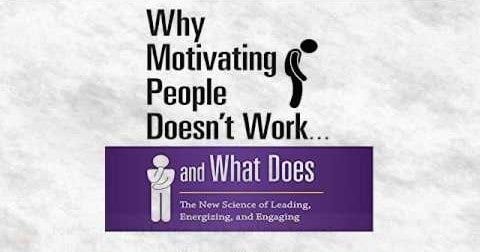To Lead Better, Shift Your Understanding of Motivation
What if your understanding of motivation is faulty? What if that misunderstanding has caused you to frustrate, rather than encourage and inspire, your employees? Or even your kids? What if traditional carrot and stick methods are only temporarily effective at best, and perhaps counterproductive in the long run?
Those are Susan Fowler’s conclusions in her newly updated book, Why Motivating People Doesn’t Work…and What Does. Fowler suggests that when we ask why someone isn’t motivated, we’re asking the wrong question.
Why are people motivated?
The question isn’t whether people are motivated. In fact, they’re always motivated. The question is why they are motivated.
“People are always motivated. The question is not if, but why they are motivated.” – Susan Fowler.
Asking why a person is motivated opens the spectrum of motivational possibilities. Fowler describes less effective sources of motivation as suboptimal, and those that are more effective as optimal. Moving toward the optimal side of the spectrum generates energy, vitality, and well-being.
Fowler’s spectrum of motivation goes beyond the typical definitions or extrinsic and intrinsic motivation, although there are common threads with suboptimal and optimal sources. Suboptimal motivation comes from disinterested, external, and imposed sources, while optimal motivation is aligned, integrated, and inherent.
The Need for Autonomy, Relatedness, and Competence (ARC)
Why Motivating People Doesn’t Work…and What Does draws from important research on the science of motivation. In doing so, the book highlights the relationship between motivation and employee engagement, a driver of key business outcomes such as productivity, creativity, and job satisfaction.
Fowler offers an easy-to-remember acronym to better understand the source of motivation and leverage its power. She relates the essence of motivation to three critical psychological needs, autonomy, relatedness, and competence (ARC).
Autonomy refers to the need for choice, or at least, the perception of choice. In the workplace, autonomy is about a sense of having some of control or choice about one does, or how it’s done. This doesn’t mean managers are hands-off, or laissez-faire, but that they allow their employees to have influence.
Relatedness is about connection, to others, and to purpose. People desire to be part of something bigger than themselves to belong with others in the process. Herein lies a powerful opportunity for leaders, to help people find meaning in their work and be part of a healthy team environment.
Competence represents the need for a sense of growth and learning over time. It’s about feeling competent to handle the normal, everyday challenges of the job. Leaders play an important role here as well since the workplace is where people spend the most time. Not feeling competent in the workplace can negatively impact other parts of workers’ lives as well.
When ARC needs are met, people thrive and flourish, satisfying an innate desire that is present in all of us.
A Learnable Skill: MVPs
Motivation is a skill that can be learned, starting with an awareness of where one is on the spectrum of motivation. Fowler offers a second acronym, MVP (mindfulness, values, and purpose) as the key to shifting toward higher level motivation.
The book contains tips for conducting motivational outlook conversations and numerous examples from Fowler’s research and consulting work. The epilogue contains short stories of masters of motivation, such as the great NBA coach Phil Jackson and former Southwest Airlines President Colleen Barrett.
Why Motivation Doesn’t Work…and What Does should be required reading for anyone in a leadership role. It’s an excellent discussion starter for executive teams, mentoring or coaching relationships, and training activities. Beyond the workplace, it has powerful application for parents, teachers, athletic coaches, and youth leaders.
Is it time to shift your approach to leading your team and developing your people? Let’s Talk! Contact me via email or schedule a complimentary strategy call on my online calendar.









